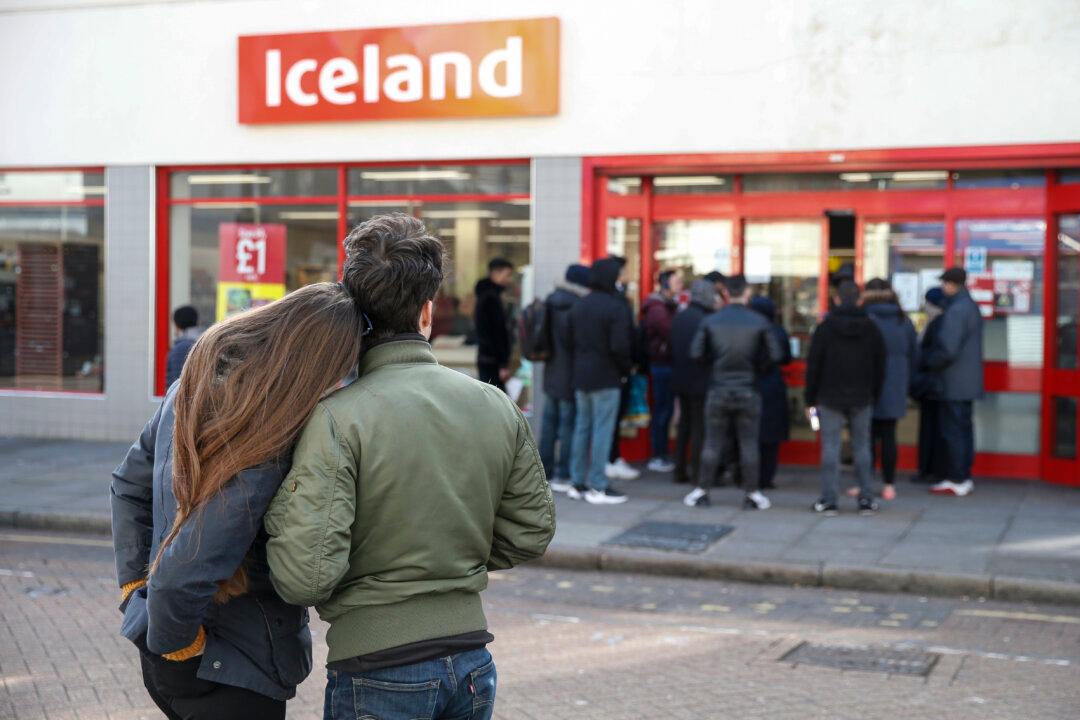The boss of one of Britain’s biggest supermarket chains has said three of his staff have been left HIV positive after being attacked with infected needles.
Richard Walker, executive chairman of Iceland Foods, made the revelation on Friday as he spoke out about increasing violence against store staff.





